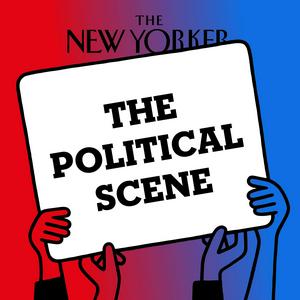The Washington Roundtable discusses the upcoming State of the Union address and the public’s shift against Donald Trump on two of his signature issues: the economy and immigration. What pitch might Trump make for himself and the Republican Party heading into the midterms? “On the economy, he’s in the same fix Biden was in,” the staff writer Jane Mayer says. “He's trying to yell at people and tell them, ‘You are better off than you think you are,’ and that, we know, doesn't work.” Plus, the group examines what the retirement of Republican Marjorie Taylor Greene from Congress and what the Democratic Governor Gavin Newsom’s opposition to a wealth tax in California can tell us about ideological fissures within both parties.
This week’s reading:
“The E.P.A. Rescinds a Landmark Finding,” by Bill McKibben
“The Chaos of an ICE Detention,” by Jordan Salama
“Presidents’ Days: From Obama to Trump,” by David Remnick
“Trump Is Still Deporting People Wherever He Wants,” by Isaac Chotiner
“The Jeffrey Epstein Files Are Peter Mandelson’s Final Disgrace,” by John Cassidy
“Zohran Mamdani, the Everywhere Mayor,” by Molly Fischer
The Political Scene draws on the reporting and analysis found in The New Yorker for lively conversations about the big questions in American politics. Join the magazine’s writers and editors as they put into context the latest news—about elections, the economy, the White House, the Supreme Court, and much more. New episodes are available three times a week.
Tune in to The Political Scene wherever you get your podcasts.
Learn about your ad choices: dovetail.prx.org/ad-choices


